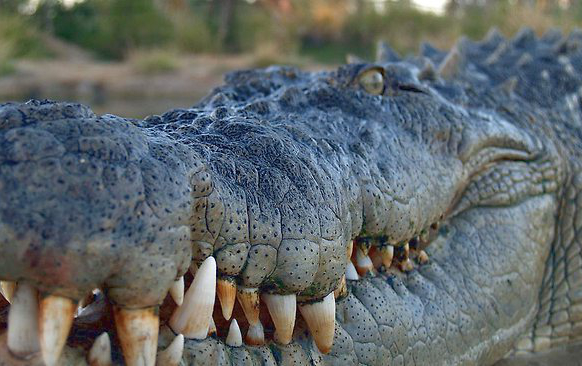Croc feeding fines rise
 Queensland is cracking down on crocodile encounters with tougher penalties.
Queensland is cracking down on crocodile encounters with tougher penalties.
The Queensland Government has introduced new measures targeting the feeding and interaction with crocodiles in response to growing concerns about public safety.
These changes, which are now in effect, include two new offences and substantial increases in fines for existing offences.
Under the new regulations, Queenslanders who unintentionally feed a crocodile by discarding food scraps, such as fish frames or bait, in public areas can now face an on-the-spot fine of $483.
If the matter escalates to court, the penalty could reach $6,452.
Another offence has been introduced for those who knowingly remain close to a crocodile on land, which carries a fine of $806 or up to $16,130 if pursued in court.
The Queensland government has significantly raised the penalties for existing offences.
The maximum fine for deliberately disturbing or feeding a crocodile has surged from $6,452 to $26,615, with on-the-spot fines increasing from $483 to $2,580. Similar increases apply to offences involving interference with crocodile traps.
Environment Minister Leanne Linard says that crocodiles become habituated when food is regularly available, leading them to frequent public areas like boat ramps and jetties.
“If they are not fed and encounter humans, they can become more aggressive, expecting to be fed,” Linard explained.
The new laws form part of a broader effort by the government to manage crocodile populations responsibly, particularly in regions from Rockhampton northwards, where residents are urged to “expect crocodiles in all waterways”.
The government is also running its ‘Be Crocwise’ public safety campaign to educate the public about living safely in crocodile-prone areas.
This initiative is backed by a $4.9 million investment in crocodile management.
“We will continue to listen to the experts, stakeholders, and the community to ensure our crocodile management aligns with both protection and conservation goals,” Linard says.








 Print
Print